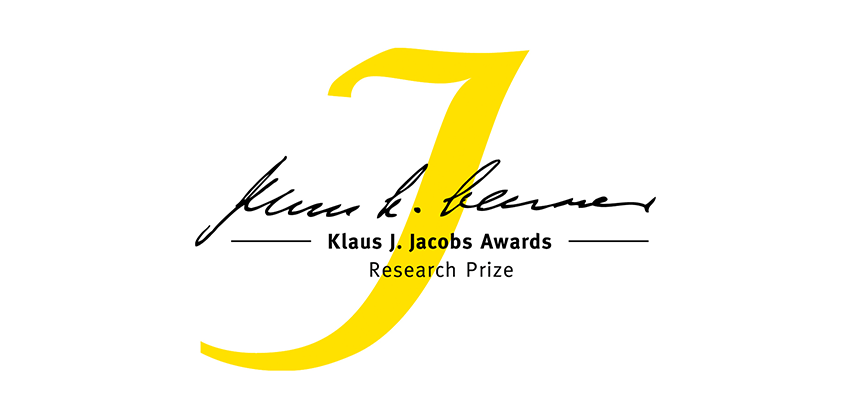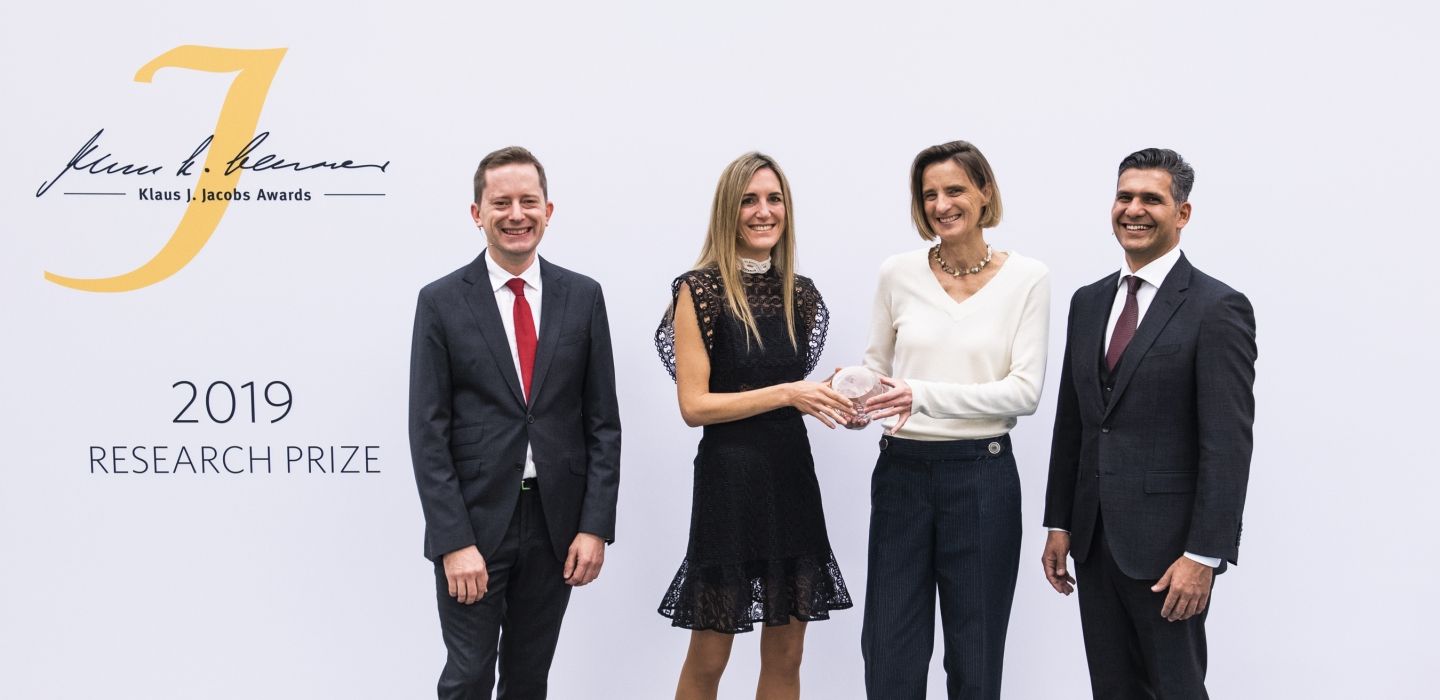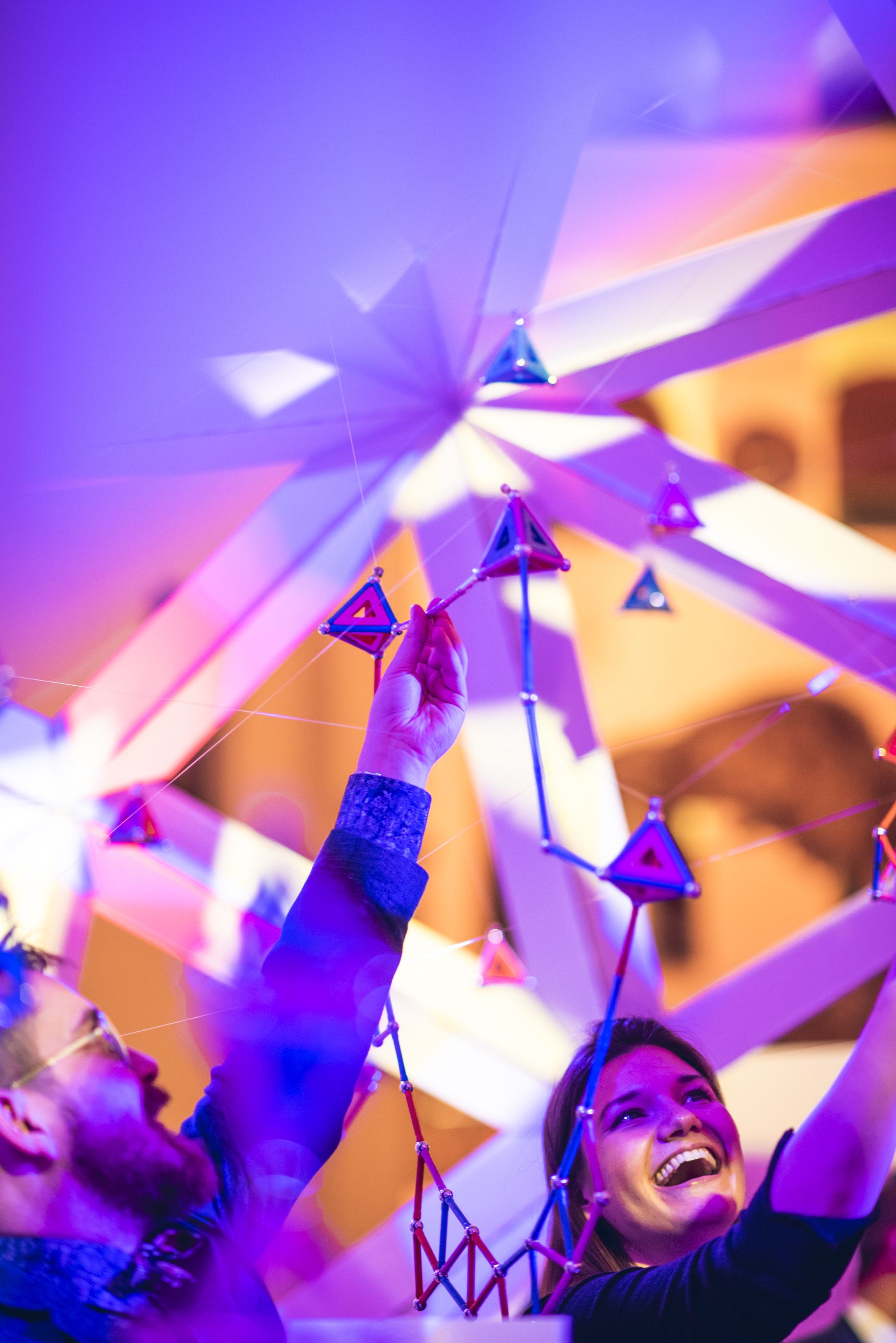Share Content
Article Link Copied
Stepping into research

The 2019 Klaus J. Jacobs Research Prize was awarded to Prof. Daphne Bavelier during an interactive ceremony at the University of Zurich. Hundreds of guests literally stepped into Prof. Bavelier’s research topics.
An Oscar-like presentation, one short film, two inspiring TED talks by Prof. Daphne Bavelier and Prof. Michael Brecht, and three Science Dialogue spaces made the 2019 Klaus J. Jacobs Research Prize ceremony a very special event for the international guests.

Science Dialogue spaces to step in
A huge metal construction of a brain was one of three Science Dialogue spaces which allowed the international guests to experience Prof. Bavelier’s research topic brain plasticity through film and gaming. Guests were able to construct or deconstruct brain synapses to simulate processes in which our brain strengthens or loses memories. Science Dialogue spaces two and three focused on attentional control and the science of play and learning. Here, guests played the original lab games Prof. Bavelier uses in her research at the University of Geneva. To try out the power of play, guests tested Project Square, a game that teaches children how to practice computational thinking without screens.
Brain plasticity and attentional control
This year’s Research Prize, which is endowed with one million Swiss francs, was awarded to Professor Daphne Bavelier of the University of Geneva for her research on promoting brain plasticity and learning by leveraging action video games. 350 international guests of politics, science, business and culture attended the awards ceremony on November 22, 2019, at the University of Zurich.
As of 2019, the renowned Klaus J. Jacobs Awards are bestowed alternately every two years, starting with the 2019 Research Prize. The Best Practice Prize will be awarded in 2020.
Take a look at the photo gallery.
